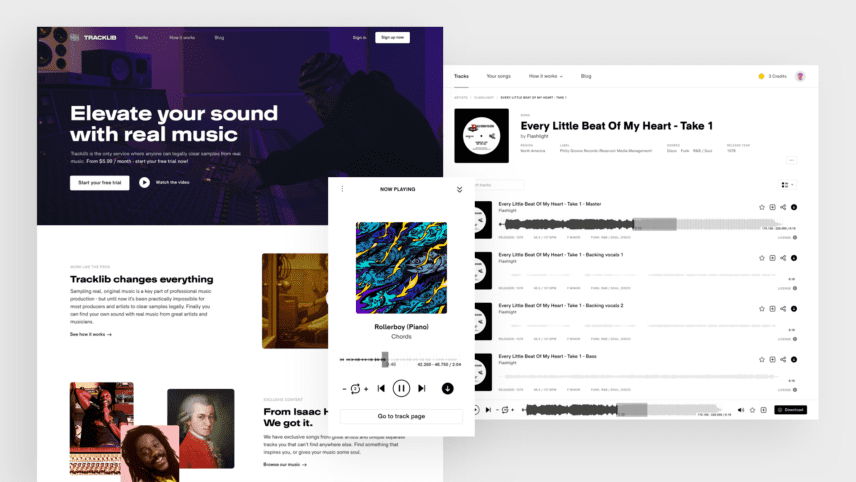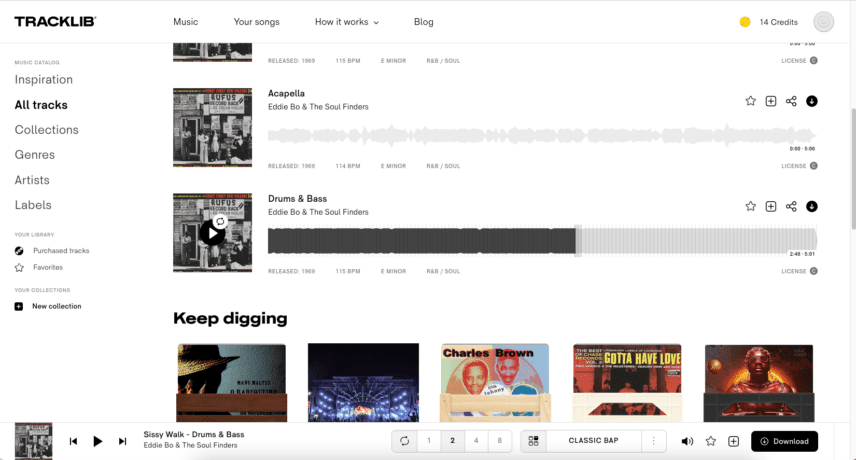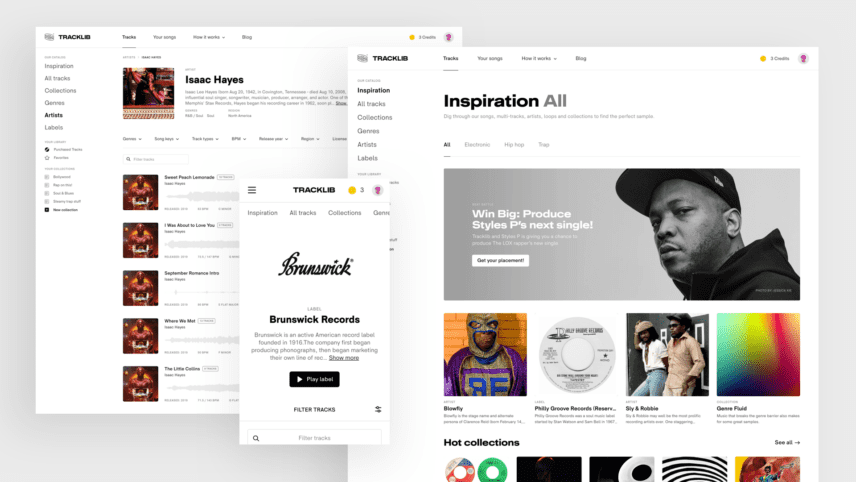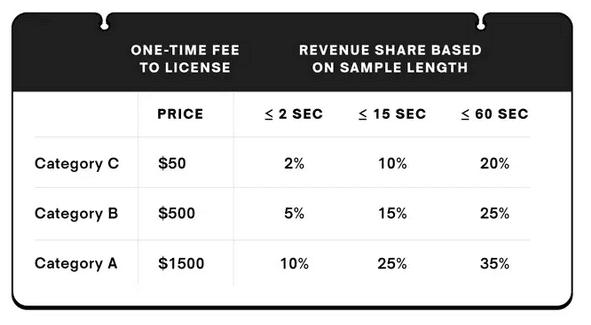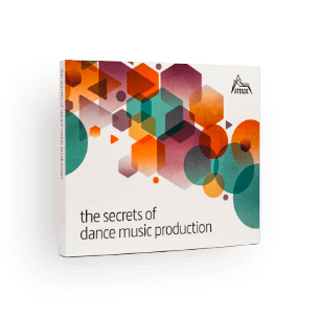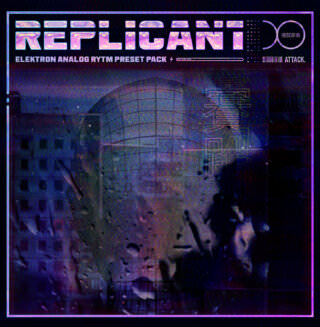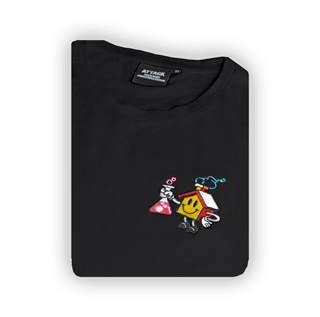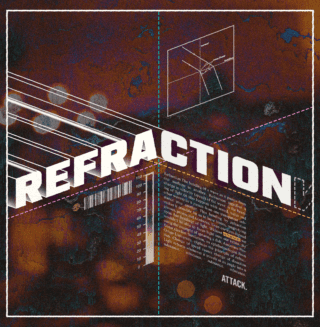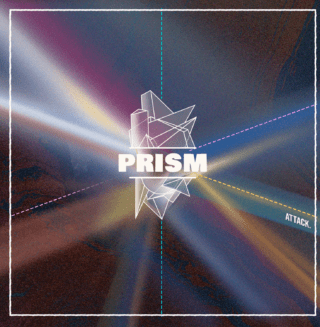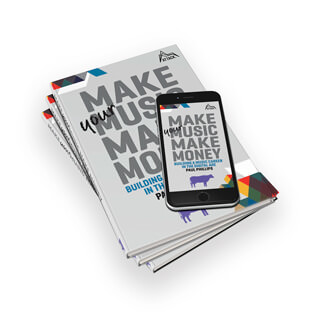Tracklib’s music sampling service promises to make sample clearance fast, easy, legal and affordable. Does it deliver on these claims? We put Tracklib to the test and Attack readers get a special sign up offer of 15 free tracks. Tracklib is also running a competition with Armada Music. Read on to find out more.
It doesn’t matter the genre you work in, you likely use samples in some capacity. Whether you’re a crate-digging, hip-hop producer or just a house head nicking the occasional piano line, samples are a ubiquitous part of modern music-making.
However, unless you properly clear your samples, you run the risk of getting sued and losing a substantial portion of your royalty payments. Tracklib, a music sampling service, aims to make sample clearance hassle-free by offering a variety of pre-cleared samples for anyone to use. But, can it really be that easy?
Special offer for Attack readers
Tracklib has a special sign-up offer for attack readers. Signup up now using this link for a 30 day trial including 15 free track downloads.
The Legalities Of Sampling
Before we go any further, we should address the elephant in the music studio. Sampling music created by someone else is copyright infringement. We’ve all done it—it’s so easy to do—but does that make it right? We’ll leave that up to you to decide, but no matter your feelings on copyright law, if you sample without properly clearing the audio first, you can get into trouble.
But, what if it’s just a one-shot drum sound? Or how about if the sample has been chopped and mangled so much it’s unrecognizable? Can you still get in trouble for that? In theory, yes. There are lots of ‘it depends’ stipulations to these questions with copyright law differing from country to country, but should the rights holder realize what you’ve done, they could come after you. It’s probably better to properly clear the sample first. (For more on the legalities of sampling, see our article: The Rights And Wrongs Of Sampling.
What is Tracklib?
Enter Tracklib, a music sampling service. They’re different from outfits like Splice and Loopmasters, who provide license-free sample packs. Tracklib is instead, as they call themselves, a “record store for sampling”. They’re a music sampling service with every available song pre-cleared for use in music production.
Browse the Tracklib website and listen to the music. When you find a song you like, download it. Use it in your music and when you’re ready to release the track, register it with Tracklib so that the copyright holder gets their proper revenue share.
Digital Crate Digging
Anyone who collects vinyl knows how much fun crate digging can be. Searching through dusty old bins for that diamond in the rough, that record with the weird cover and mostly terrible music, but one two-bar section that’s just pure gold is endlessly entertaining. Tracklib admirably recreates the crate digging experience (minus the dusty fingers) by arranging the tracks into searchable categories.
Like brick and mortar stores, they have them grouped by genre (and sub-genre), artist, and record label. They also have curated collections if you have a sample type in mind but don’t know where to start, like Retro Rockin’ (pre-1970s rock) or Dark Dramatic Strings.
Unlike mom and pops, though, whose records can be hit or miss, Tracklib have already gone ahead and chosen some great music. Pretty much every track we auditioned was sample-worthy, no matter the genre (yes, even country and western). And there’s plenty of top-shelf stuff here too. Artists like Bob James and Isaac Hayes, and labels such as Acid Jazz, Mute and sought-after library labels. There’s even an extensive Bollywood section with 1970s cuts by RD Burman (if you don’t know him, look him up. The man was a genius).
Once you have a song cued up, you can listen to it in its entirety or engage the Loop function, which breaks the track up into 1, 2, 4 or 8-bar loops. You can then overlay one of four drum loop types (boom bap, trap, house or simple kick) on top to give you an idea of how the loop might sound in a track.
There are even three levels of ducking, from soft to hard, to mimic sidechain compression. You can double or halve the drum speed, but you can’t change the tempo. However, it’s still an extremely useful function to have when auditioning.
Downloading Samples
The number of tracks you can download per month is dependent upon your subscription tier. There are three levels, each payable monthly or yearly. The Essential tier gets you five tracks a month for $5.99 ($59.90 yearly), Standard gives you 15 tracks each month for $13.99 ($139.90 yearly) and Professional ups the limit to 35 tracks for $29.99 a month (or $299.90 per year). You can also buy additional credits. All levels also include a bonus of two downloads from featured songs.
Downloads can include full tracks, a looped area chosen by you, or multitracks when available. Multitracks are stems taken from songs, with each stem available for a separate credit. This is useful if you just need an acapella or drum loop. Most of the multitrack songs are recent, as you’d expect, but some are older. We found an Eddie Bo funk track from 1969 separated into basic stems.
Sample Licensing
The legal part of using the sample in your music is called sample clearance. Tracklib has already done this for you, with every sample on the site cleared for use. There are two components to clearance, licensing and sales revenue, and three categories for prices. First, you have to pay a license to use the sample. Category A is the most expensive at $1500 per license, B is $500 and C is $50. The category is listed below each track so you know what you’re getting into before downloading a track.
The other half of the legal part is sales revenue. This is related to how much of the original track you use and is calculated cumulatively, so five seconds of a sample chopped up and reordered still counts as five seconds. The revenue share is broken down into percentages based on the length of the sample used.
Again, category C is the cheapest. More than 90% of the samples on Tracklib are category C, so it’s more affordable than you might think. We were pleased to see that the Eddie Bo track that we listened to above was category C.
In Conclusion
If you’re a musician or producer who regularly samples, Tracklib should definitely be on your radar. It makes it a snap to find and download samples, and also to get them cleared. This last part may not be as sexy as crate digging but it’s going to make your life a lot easier down the road when you don’t have to worry about getting a cease and desist letter in the mail, or a copyright holder demanding 100% of your royalties for an uncleared snippet.
Tracklib is also a hell of a lot of fun. With so much amazing music on the site, it’s easy to lose hours just discovering new tracks and vibing on them. Looping them up and adding a beat right on the site is really inspiring as well. And no sniffles from 50-year-old dust getting up your nose.
ENTER THE TRACKLIB & ARMADA MUSIC COMPETITION
When global dance titan Armin van Buuren co-founded Armada Music in 2003, his vision was to promote the best dance music around. Tracklib now offers a special opportunity to become part of their award-winning, star-studded catalogue. Enter this placement competition to win an official release on Armada Music, the world’s biggest independent dance music label.
Too long didn’t read? Watch this video to find out more:
How to enter?
- Sample (not remix!) one or more of the four tracks selected by Chicane.
- Produce a track with the style of Armada Music in mind.
- Post this picture on Instagram or Twitter and tag at least two producer friends in your post who should join this competition.
- Follow Tracklib and Armada Music on Instagram.
- Submit your track via this link before the end of the day, Sunday July 24th (all timezones included).
The winners will be announced on Tracklib socials and on the competition page in September 2022.
Enter the competition here. Good luck!


